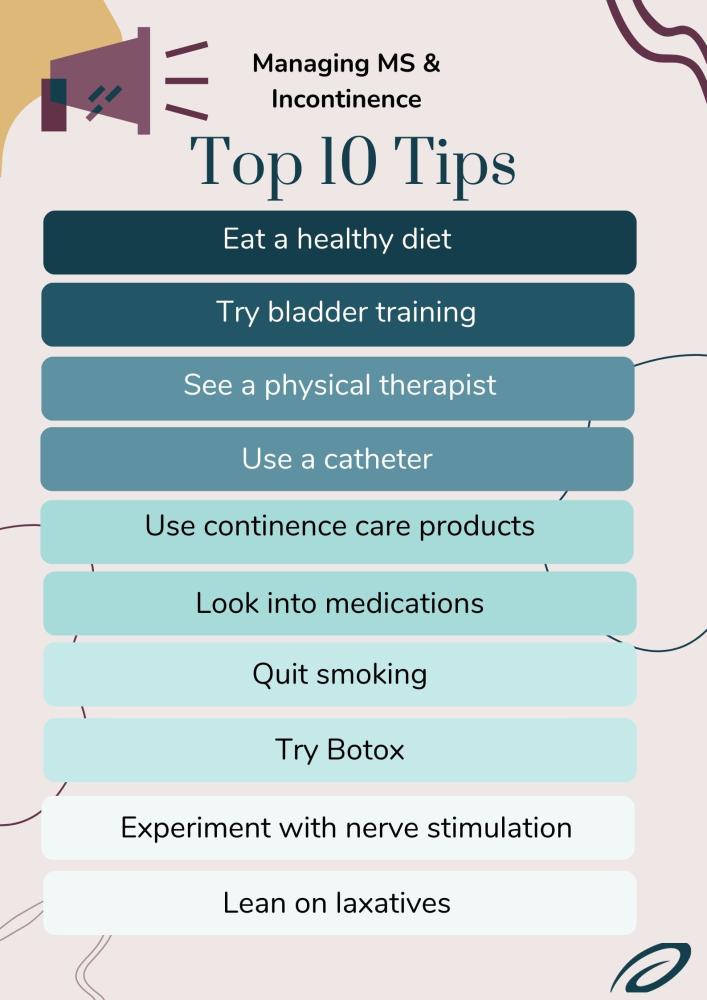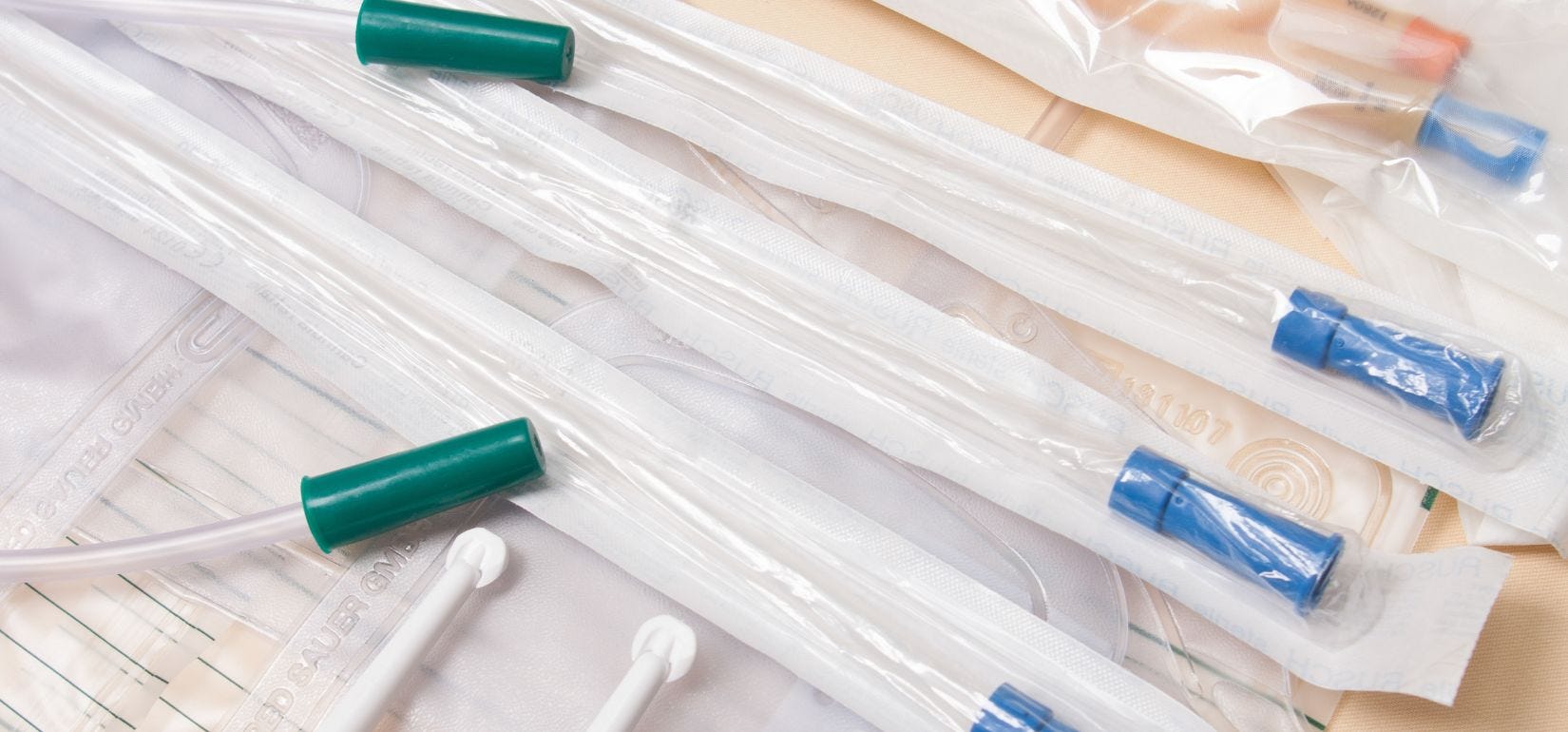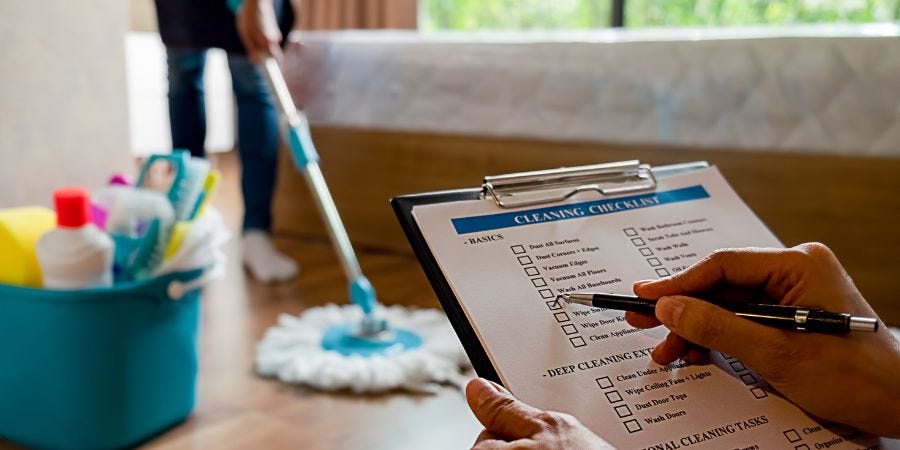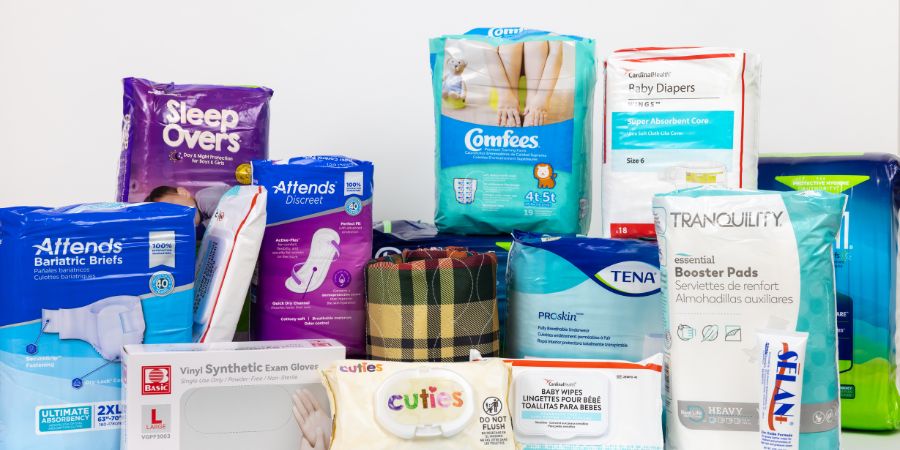Multiple sclerosis (MS), urinary incontinence, and fecal incontinence are often seen together in those affected by the condition, but why? And what can you do to help manage the side effects of MS and incontinence? Read this post to find out.
Key Takeaways:
- Due to an interruption in nerve signals, multiple sclerosis can cause urinary and fecal incontinence.
- Urinary urge and overflow incontinence are common in those with multiple sclerosis.
- Eating a healthy diet, bladder training, and pelvic floor physical therapy may improve incontinence symptoms.
JUMP TO:
How Is Multiple Sclerosis Diagnosed?
What Are the Symptoms of Multiple Sclerosis?
How Are Multiple Sclerosis & Incontinence Related?
What Can You Do to Manage Symptoms of Multiple Sclerosis & Incontinence?
INCONTINENCE PRODUCTS THROUGH INSURANCE:
Aeroflow Urology is in-network with many Medicaid and Medicaid-managed insurance plans and is accredited by Medicaid. Complete our Eligibility Form, and we’ll automatically check to see if your plan covers incontinence supplies. ***Must meet certain requirements to qualify.***
You will also receive the care and attention every person managing incontinence deserves: A personalized list of 100% insurance-covered incontinence supplies, a dedicated Continence Care Specialist you can contact during business hours, a user-friendly online portal for easy monthly reordering, and educational content.
Get the continence care you need with the dignity you deserve. Join the Aeroflow Urology family today! It only takes 5 minutes to get started.


Check Your Eligibility
2 Easy Steps
Discover the continence care essentials available through your Medicaid plan.
What Is Multiple Sclerosis?
MS is an autoimmune disease and neurological condition that damages many parts of your body, including your bladder and bowels. With MS, your immune system attacks fatty tissue, called myelin, that surrounds and protects your nerve fibers.
This loss of this protective sheath of myelin causes nerve damage throughout your body, including areas such as your eyes, brain, and spinal cord. It also creates scar tissues, called lesions, damaging the neural pathways. Because of this, your brain cannot send signals to the rest of your body and your body can’t work correctly.
The exact cause of MS is not well understood, but there are several risk factors, including:
- Genetics
- Previous viral infections.
- Smoking
- Autoimmune disease.
- Vitamin D deficiency.
- Environmental exposures (although it’s not very well-supported).
Women are also 3 times more likely to have MS than men.
How Is Multiple Sclerosis Diagnosed?
MS is usually quite difficult to diagnose because the symptoms associated with the condition are so varied. There are multiple types of MS, but the most common type is Relapsing Remitting (RRMS); About 85% of those with MS have RRMS.
What Are the Symptoms of Multiple Sclerosis?
Symptoms are varied, but the most common MS symptoms include:
- Depression
- Pain
- Poor or loss of bladder function (urinary incontinence).
- Bowel problems, including poor or loss of bowel function (bowel incontinence).
- Muscle spasms and weakness.
- Sexual issues.
- Issues with speaking or swallowing.
- Blurred vision.
- Trouble walking, balancing, and coordinating.
- Memory impairment.
- Tremors
- Fatigue
How Are Multiple Sclerosis & Incontinence Related?
The connection between MS and incontinence is all about the central nervous system (CNS). Usually, when your bladder and / or bowels are full, your body sends signals to your brain telling it when and where they need to be emptied.
However, when you have MS and your nerves cannot signal appropriately, the messages received to and from your bladder become scrambled, and control of your bladder is more difficult to achieve. When your bladder cannot receive signals, it will empty when it isn’t supposed to, which leads to leakage or incontinence.
Bladder Problems & Urinary Incontinence
The 2 types of urinary incontinence people with MS need to manage are urge and overflow incontinence.
Urge incontinence may cause you to feel the need to urinate frequently and urgently. Like overactive bladder (OAB), this occurs if you have MS because the nerves that tell your brain to urinate become damaged.
Overflow incontinence occurs when you’re unable to empty your bladder completely, leading to urinary leakage during the day and night.
Other types of urinary incontinence that may be experienced during MS include:
- Overactive bladder (OAB): OAB, also known as a spastic bladder, is common in those with MS. OAB causes frequent urination due to incorrect nerve signals from the bladder to the brain.
- Urinary hesitancy: Urinary hesitancy is the inability to void your urine. This also occurs when the nerve signals are damaged.
- Nocturia: Nocturia, or needing to wake up to urinate, is common in those who experience MS and urinary urgency because you need to urinate throughout the day and night. Nocturia can also lead to daytime fatigue and falls in those with MS.
- Stress incontinence: Stress incontinence occurs when you leak urine when moving your body in specific ways and when you cough, sneeze, or laugh. Leakage happens when the pelvic floor muscle messages are damaged from the effects of MS.
- Urinary tract infections (UTIs): A UTI occurs when bacteria infect the urinary system. These occur frequently in those with MS due to urine not emptying from the bladder completely. Recent research also shows that UTIs may be early indicators of MS.
- Urinary retention: Problems voiding completely occur in those with MS due to the damaged nerve signals.
Bowel Problems & Fecal Incontinence
- Constipation: Most people with MS and incontinence suffer more frequently from constipation than fecal incontinence. This is because your nerve signals that tell your brain you need to make a bowel movement are damaged.
- Fecal incontinence: This can occur if you have MS due to a lack of sensation in the rectum or poor control over the anus.
What Can You Do to Manage Symptoms of Multiple Sclerosis & Incontinence?
According to the National Multiple Sclerosis Society, managing the symptoms of MS is a life-long process. Still, we have some tips on how you can manage your incontinence with MS.
#1. Eat a Healthy Diet
One of the easiest ways to manage your MS and incontinence is by ensuring you’re eating a well-balanced diet. Be sure to incorporate fibrous foods into your diet to help encourage bowel movements and add good bacteria to your gut. The following foods have some of the highest concentrations of fiber per serving:
- Oats (10.1g).
- Raspberries (6.5g).
- Avocado (6.7g).
- Almonds (13.3).
- Chia seeds (34.4).
- Popcorn (14.4g).
Other vitamins and foods you should eat if you have MS and are dealing with incontinence include:
- Probiotics and prebiotics.
- Vitamin D.
- Biotin
- Antioxidants
- Unsaturated fats.
Foods you should avoid include:
- Sugary drinks.
- Processed foods.
- Too much sodium.
Apart from eating healthily, you need to make sure your fluid intake is high enough. Drinking water can help flush your urinary system, lower the risk of UTIs, and encourage urination. Aim for 6-8 glasses of water a day, but if you experience nocturia, stop drinking a couple of hours before bedtime to help you sleep through the night.
#2. Try Bladder & Bowel Training
Bladder and bowel training, or timed voiding, may be uncomfortable at first but can bring advantages over time.
During training, you’ll set times to go to the bathroom (urination or bowel movement) and wait to go until you’ve reached those times. This can help you regain control of your bladder and bowels, and you can wait longer between bathroom trips.
#3. See a Physical Therapist
Pelvic floor muscle therapy works by targeting your pelvic floor muscles through exercise and biofeedback (a type of training exercise). These treatments may help you gain back muscle control and strengthen your pelvic muscles when combined.
#4. Use a Catheter
Using a catheter is helpful if you have a hard time emptying your bladder. Intermittent self-catheterization can help you drain the urine from your body by inserting a tube into your urethra.
#5. Use Continence Care Products
Aeroflow Urology can help you receive continence care products if you’re experiencing incontinence. These include catheters and incontinence products, such as adult pull-ons, adult briefs, bladder control pads, and more.
#6. Look Into Prescription Medications
Sometimes medications can be helpful to those with MS and incontinence. There are many different types of medicines that you can discuss with your healthcare provider or urologist to help manage your symptoms.
#7. Quit Smoking
Smoking is damaging to your body and can irritate the bladder.
#8. Give Botox a Try
Ever had Botox? If you’re dealing with incontinence, now may be the time to try it. Botox is an FDA-approved injection that can be given by your healthcare provider while under anesthesia to help relax bladder muscles.
#9. Talk to Your Doctor About Nerve Stimulation
There are two types of nerve-stimulating procedures you can have done to help you manage incontinence if necessary.
- Percutaneous Tibial Nerve Stimulation (PTNS): PTNS is performed to help lessen the effects of incontinence. A needle is inserted into your ankle during the procedure, which then sends signals to your sacral nerves, which control your bladder and bowel muscles.
- Sacral Nerve Stimulation: During this procedure, an electrical device is implanted near your buttocks and sends electrical impulses to your sacral nerves, which can help regulate your bladder.
#10. Take Laxatives
Over-the-counter laxatives may be helpful if you experience constipation. Laxatives can help loosen the fecal matter and promote regular bowel movements.
Living with MS and incontinence can interrupt your everyday life, but there are ways to manage incontinence. Talk with your healthcare provider about which treatment options are suitable for you.
References
Multiple sclerosis: Depression, constipation may be early signs. (2023, December 5). Www.medicalnewstoday.com. https://www.medicalnewstoday.com/articles/depression-constipation-and-urinary-tract-infections-may-precede-ms-diagnosis
Multiple Sclerosis and incontinence. Bladder & Bowel Community. (2021, June 17). Retrieved March 11, 2022, from https://www.bladderandbowel.org/associated-illness/multiple-sclerosis-and-incontinence/
WebMD. (n.d.). Multiple Sclerosis: What is ms? overview, risk factors & outlook. WebMD. Retrieved March 11, 2022, from https://www.webmd.com/multiple-sclerosis/guide/what-is-multiple-sclerosis
Özge Özkaya, P. D. (2019, October 8). MS and bowel incontinence. Multiple Sclerosis News Today. Retrieved March 11, 2022, from https://multiplesclerosisnewstoday.com/ms-bowel-incontinence-problems/
Almeida, M. J. (2016, September 15). Urinary incontinence and MS. Multiple Sclerosis News Today. Retrieved March 11, 2022, from https://multiplesclerosisnewstoday.com/urinary-incontinence-ms/#:~:text=Many%20people%20with%20MS%20experience,making%20it%20to%20the%20bathroom.
Mahadeva, A., Tanasescu, R., & Gran, B. (2014, February 27). Urinary tract infections in multiple Sclerosis: Under-diagnosed and under-treated? A clinical audit at a large University Hospital. American journal of clinical and experimental immunology. Retrieved March 11, 2022, from https://www.ncbi.nlm.nih.gov/pmc/articles/PMC3960762/
Treating MS. National Multiple Sclerosis Society. (n.d.). Retrieved March 11, 2022, from https://www.nationalmssociety.org/Treating-MS
Medications. National Multiple Sclerosis Society. (n.d.). Retrieved March 11, 2022, from https://www.nationalmssociety.org/Treating-MS/Medications
Disclaimer
Information provided on the Aeroflow Urology blog is not intended as a substitute for medical advice or care from a healthcare professional. Aeroflow recommends consulting your healthcare provider if you are experiencing medical issues relating to incontinence.











